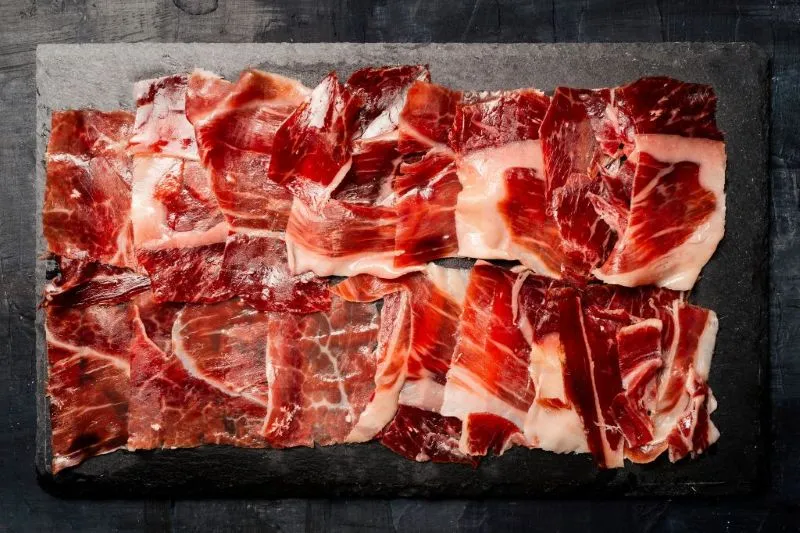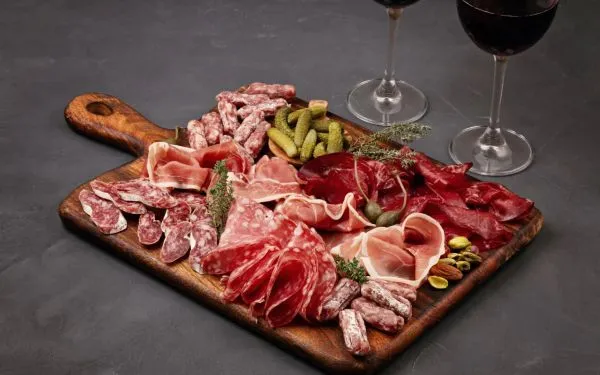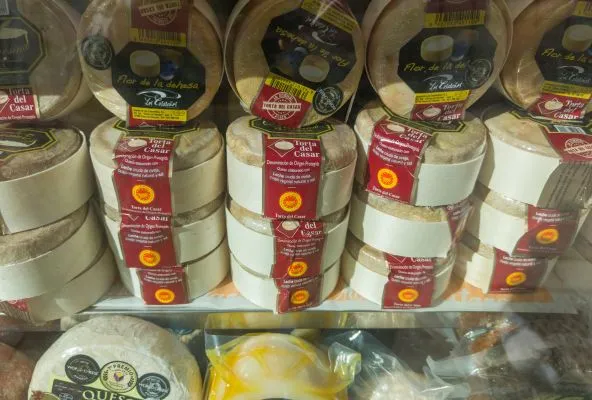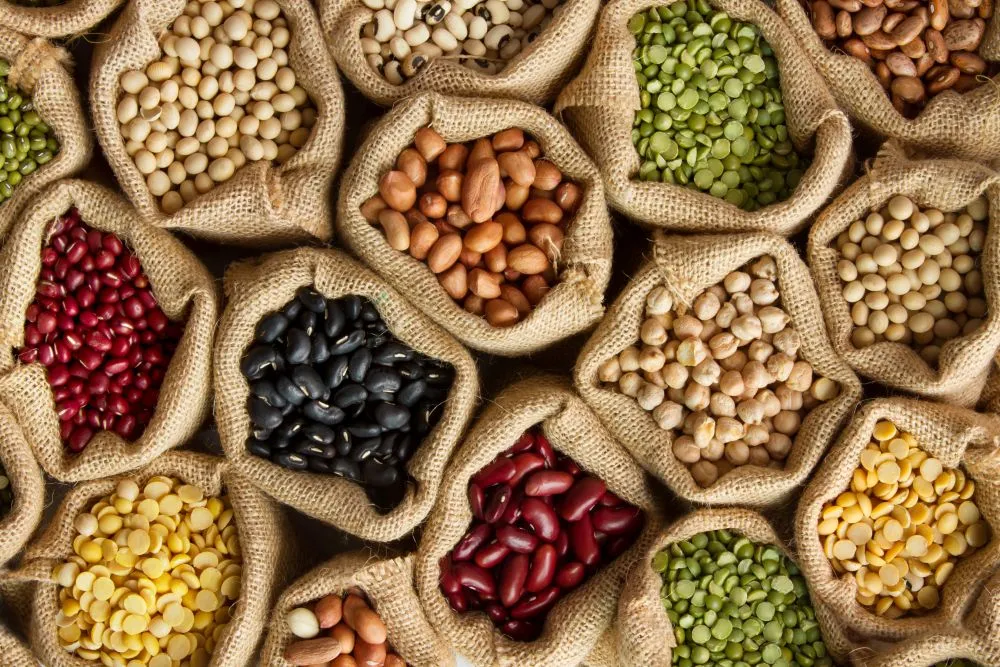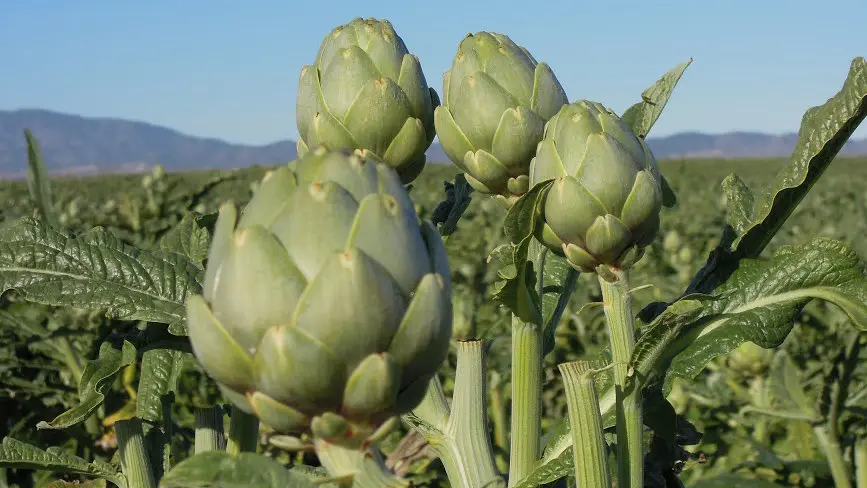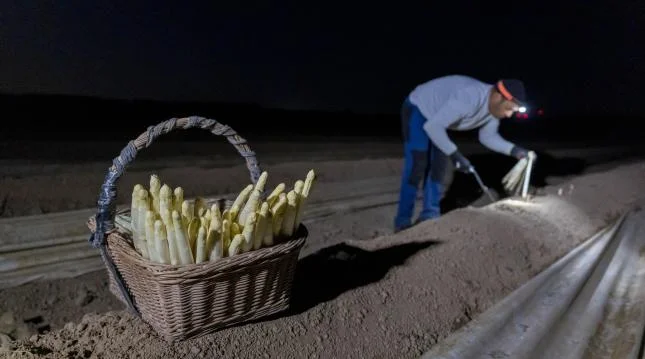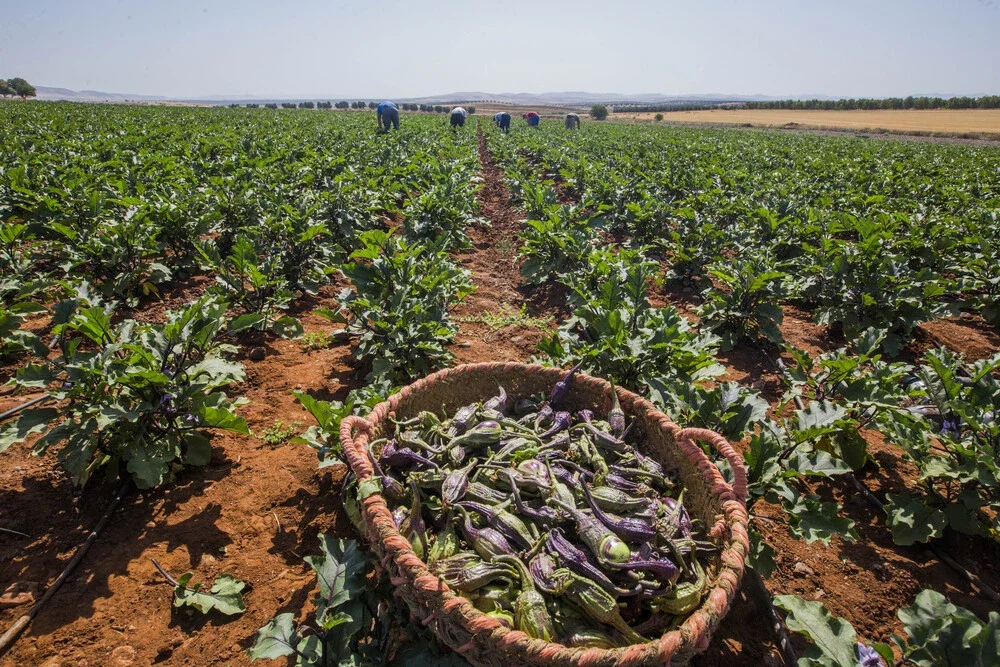-
×
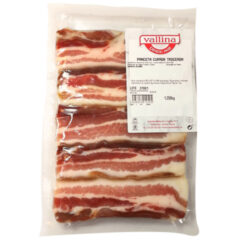 Vallina Cured Panceta (1.25Kg)
€29.90
Vallina Cured Panceta (1.25Kg)
€29.90 -
×
 Panceliac Gourmet Tomato & Oregano Crackers (80g)
€2.80
Panceliac Gourmet Tomato & Oregano Crackers (80g)
€2.80 -
×
 Milena León Naturally Cured Serrano Ham Reserva (200g)
€11.60
Milena León Naturally Cured Serrano Ham Reserva (200g)
€11.60 -
×
 La Española Chilli Flavoured Olive Oil Spray (200ml)
€6.40
La Española Chilli Flavoured Olive Oil Spray (200ml)
€6.40 -
×
 Handcarved Acorn-fed Iberian Ham (80g)
€20.99
Handcarved Acorn-fed Iberian Ham (80g)
€20.99 -
×
 Cabrales Cheese Spread Master Tuner's Selection (200g)
€8.10
Cabrales Cheese Spread Master Tuner's Selection (200g)
€8.10 -
×
 Trabacuartos 50% Iberian Bellota Shoulder Ham (2.5Kg)
€239.00
Trabacuartos 50% Iberian Bellota Shoulder Ham (2.5Kg)
€239.00 -
×
 La Española Chilli Flavoured EVOO (250ml)
€6.90
La Española Chilli Flavoured EVOO (250ml)
€6.90
Subtotal: €325.69
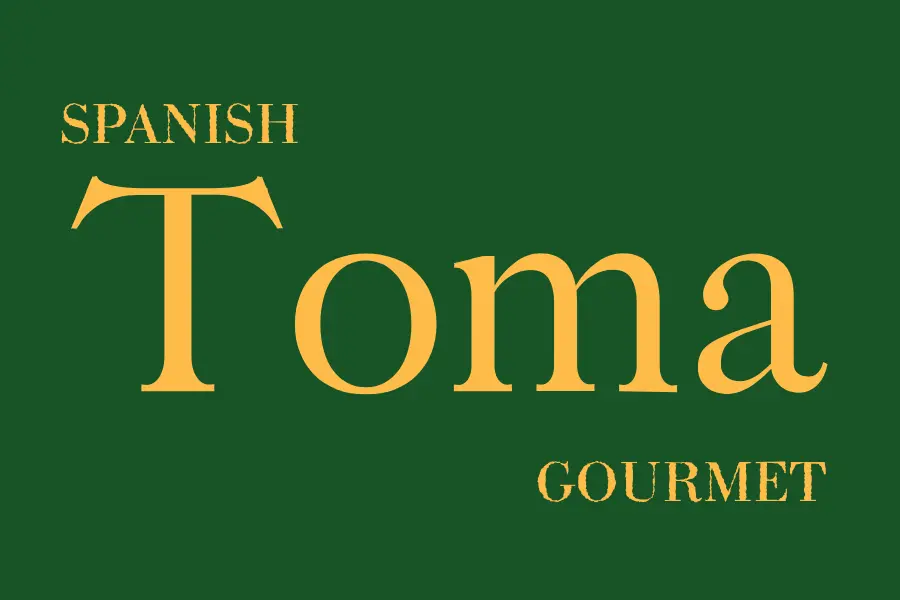

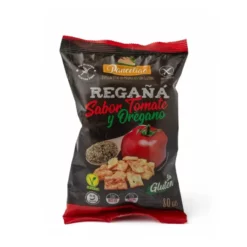 Panceliac Gourmet Tomato & Oregano Crackers (80g)
Panceliac Gourmet Tomato & Oregano Crackers (80g) 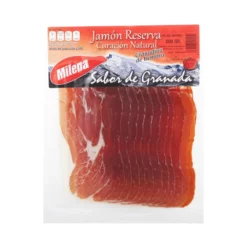 Milena León Naturally Cured Serrano Ham Reserva (200g)
Milena León Naturally Cured Serrano Ham Reserva (200g) 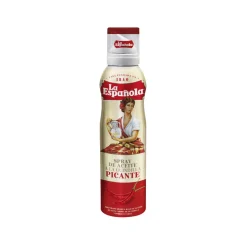 La Española Chilli Flavoured Olive Oil Spray (200ml)
La Española Chilli Flavoured Olive Oil Spray (200ml) 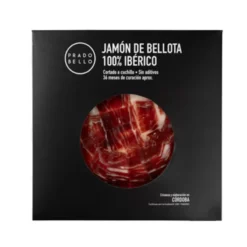 Handcarved Acorn-fed Iberian Ham (80g)
Handcarved Acorn-fed Iberian Ham (80g)  Cabrales Cheese Spread Master Tuner's Selection (200g)
Cabrales Cheese Spread Master Tuner's Selection (200g) 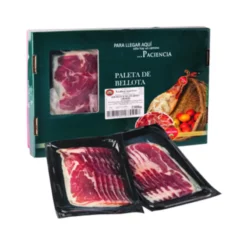 Trabacuartos 50% Iberian Bellota Shoulder Ham (2.5Kg)
Trabacuartos 50% Iberian Bellota Shoulder Ham (2.5Kg) 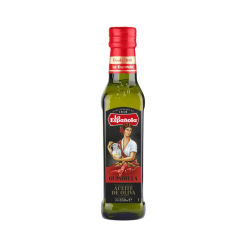 La Española Chilli Flavoured EVOO (250ml)
La Española Chilli Flavoured EVOO (250ml) 